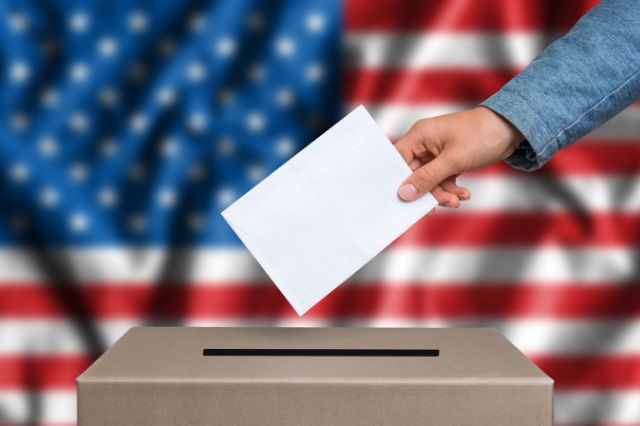The outcome of a presidential election can have various impacts on your paycheck, depending on several factors:
Tax Policies: Different candidates often have different tax proposals. Changes in income tax rates, deductions, or credits can directly affect your take-home pay.
Minimum Wage Laws: If the elected president supports raising the federal minimum wage, this could increase earnings for low-wage workers, potentially impacting wage structures across various sectors.
Economic Policies: The president’s economic agenda, including stimulus packages or spending on infrastructure, can influence job growth and stability, which might affect wages and employment opportunities.
Healthcare Costs: Changes in healthcare policy can impact your paycheck if you receive employer-sponsored insurance or if there are changes in health insurance premiums.
Trade Policies: Trade agreements and tariffs can affect industries and jobs, potentially impacting wages in sectors reliant on exports or imports.
Regulatory Changes: Policies affecting business regulations can influence company profitability and, consequently, employee wages and bonuses.
Unemployment Rates: Economic policies can affect overall employment levels. A healthier job market typically leads to wage increases as employers compete for talent.
Inflation: Economic policies can impact inflation rates, which in turn affect purchasing power. If inflation rises without corresponding wage increases, your paycheck may stretch less far.
Pryor Insights
Monitoring this year’s presidential election candidates’ platforms and proposed policies can give you an idea of how their election might influence your financial situation.
Pryor Financial Advisors are here to educate you on how the election results can help you make informed financial decisions!

